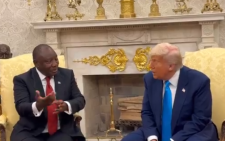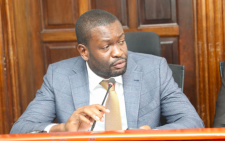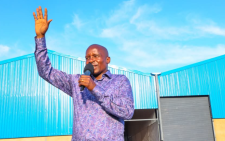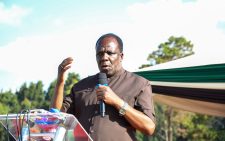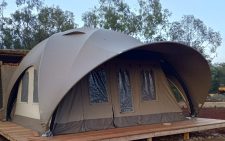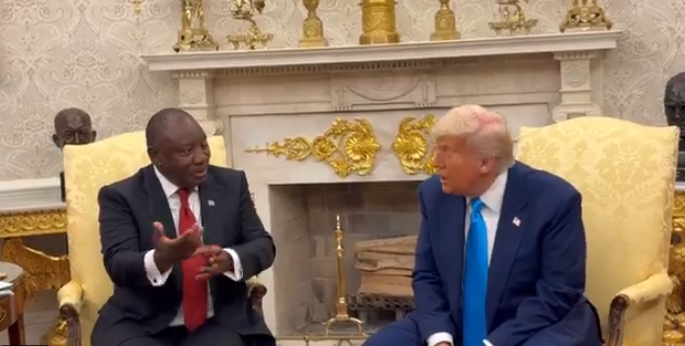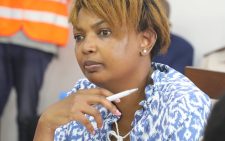Vestas seeks suitors in Turkana wind project
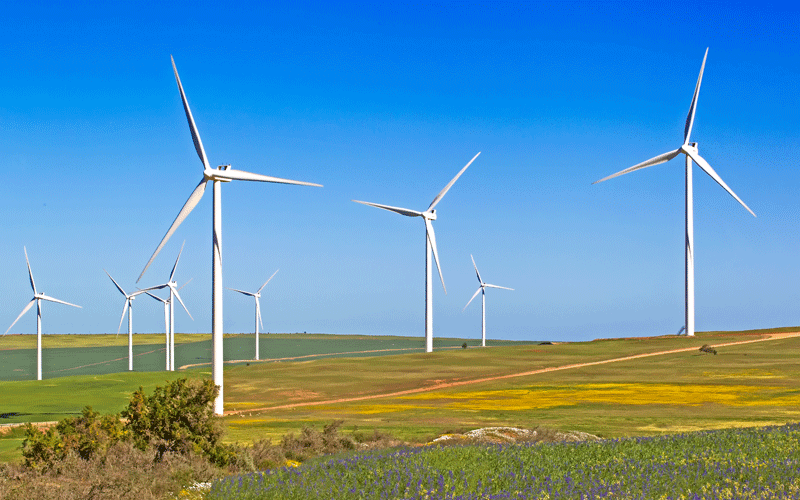
Fred Aminga @Faminga
Danish wind turbine maker Vestas is in the market for potential buyers of its stake in the 310MW Lake Turkana wind farm after delays in the project saw Google bailing out the project.
Google had intentions to buy a 12.5 per cent stake in Africa’s largest wind farm, said Danish wind turbine maker on Monday, adding that it could be in the market for talks with suitors.
Vestas said the wind farm was initially set for completion in 2017, after which Google was set to buy the stake, but the delay led to the cancellation of the deal.
“Due to delays relating primarily to the transmission line, the Vestas agreement with Google was canceled in 2019,” a Vestas spokesman told Reuters, adding that it was in talks with other potential buyers of the stake.
Financial uncertainty
While installation of the project’s 365 Vestas V52-850kW turbines was completed in June 2017, connecting them to a 434km transmission line was delayed due to financial uncertainty, making it impossible to connect the clean energy source to the national grid.
This was informed by contractor Isolux Corsán who delayed signing a contract for the transmission line only to declare bankruptcy later, in a move which left Kenya Transmission Company (Ketraco) to take responsibility for completing the high-voltage Loiyangalani-Suswa transmission line – the longest in Africa.
A consortium, which included a Chinese company, completed the line to meet a revised deadline, but tests had to be carried out before the wind farm’s turbines could be connected to the grid.
Fernandes Barasa, Ketraco managing director said the 435km Loiyangalani-Suswa transmission line was built by a consortium of Nari Group Corporation and PowerChina Guizhou Engineering Co Ltd at a cost of Sh28 billion.
Google’s interest in the project, was announced in Washington, DC, in 2015.
One of most efficient
The Lake Turkana wind park is said to be one of the most efficient in the world and a prime example of wind energy’s ability to create sustainable development across the globe.
Google’s investment bid remains among the leading example of companies injecting funds in wind energy globally to achieve attractive financial returns and scale the deployment of renewable energy.
This trend shows that whether a company is looking to power one’s own operations, reduce supply risk and price volatility, or contribute to combatting climate change, investing in wind energy makes economic sense.
“We are making a commitment to invest in Lake Turkana because it makes financial sense, but also because it has the potential to have a massive impact on Kenya’s grid, helping to spur the deployment of renewable energy in one of the world’s fastest-growing countries,” said Google Energy vice-president John Woolard in a statement in 2015. Google was not immediately available for comment. Additional reporting by agencies
